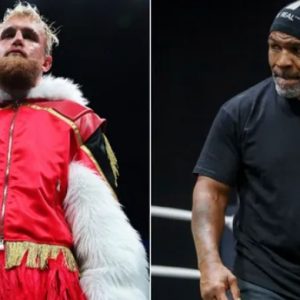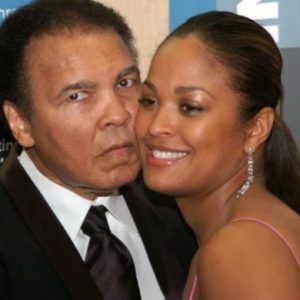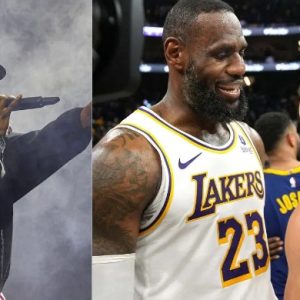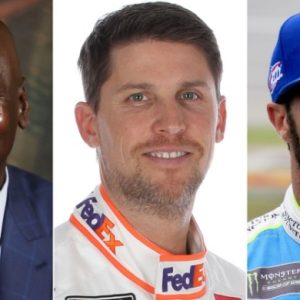Long after “The Rumble in the Jungle,” George Foreman was on a street corner in Houston trying to share the Bible as an evangelist. He was up to 315 pounds and had trimmed his afro and shaved off his mustache. He hardly looked like the man who had once been the heavyweight champion of the world.
His intended audience had little interest in what Foreman was preaching until one day he decided to mention he once fought Muhammad Ali.
“When I said that, they all stopped,” Foreman told The Post on Saturday, the day after Ali died at age 74. “People were getting ready to get on a bus, but they got off and they came back. That name ended up being something that helped me during my ministry. I owe a lot to Muhammad Ali.”
Foreman was viewed as invincible when he fought Ali in Zaire, Africa, on Oct. 30, 1974. He was unbeaten in 40 fights and had destroyed Joe Frazier to win the title. But Ali stunned the world by using the “rope-a-dope” to stop an exhausted Foreman in the eighth round. It was one of the biggest upsets in boxing history and Ali’s greatest triumph.
“I thought I was going to beat him in one or two rounds,” Foreman said. “I watch the replays today and I keep thinking I’m going to win this time.”

That was considered the Golden Age of a heavyweight division that included Ali, Frazier, Foreman and others like Larry Holmes, Earnie Shavers, and Ken Norton. “Ali needed a foil and he always had one,” said boxing historian Steve Farhood.
It was Ali’s charisma, skill and must-see antics that made boxing a staple of weekend viewing and fueled interest in the sport in the ’70s and ’80s. Not only did boxing become popular on television, young prospects began flocking to gyms trying to imitate the Ali Shuffle. Two years later, the United States fielded one of its greatest Olympics boxing teams ever, led by Sugar Ray Leonard and the late Howard Davis.
“Beyond his incredible talent, he also made boxing interesting,” said Oscar De La Hoya, a 1992 gold medal winner who went on to a Hall of Fame career as a pro. “Ali was fearless in the ring and took on the toughest, most challenging opponents.”
It is hard to find a boxer who hasn’t been inspired by Ali in some way. In paying his respects to Ali, Floyd Mayweather wrote on Instagram: “Not a day went by entering the gym that I didn’t think of you…You are someone that inspired me greatly throughout my boxing journey.”
Mike Tyson wanted to become heavyweight champion after Ali visited Spofford Juvenile Center, a medium-security youth detention center in The Bronx. He was everything Tyson wanted to be: admired, respected and confident.

“God came for his champion. So long great one,” Tyson tweeted after Ali’s death.
Farhood said Ali’s uniqueness may never be matched no matter how many times boxers of today try to imitate his bravado.
“His influence on boxing started because the public had never seen an athlete quite like him before in terms of his relations with the media, his outspokenness and his winning personality,” Farhood said.
“He was just fun. That turned a lot of people on to boxing.”
Yet, his physical struggles later in life including his battle with Parkinson’s disease turned some away from boxing and its potential for long-term damage.
Ali paid a price for being Ali. But he also left a legacy that helped create the Muhammad Ali Act in 2000 to help protect fighters inside and outside of the ring.
“Joe Frazier, Ken Norton and myself thought if we won the heavyweight championship of the world, we’d become Muhammad Ali,” Foreman said.
“But no one became Muhammad Ali. Some of us jabbed better than him or had better right-hand punches. But there was something special about him that was bigger than what we were doing. Now I wake up in the morning and there’s an emptiness that has never been there before. I’m not ready for that.”





